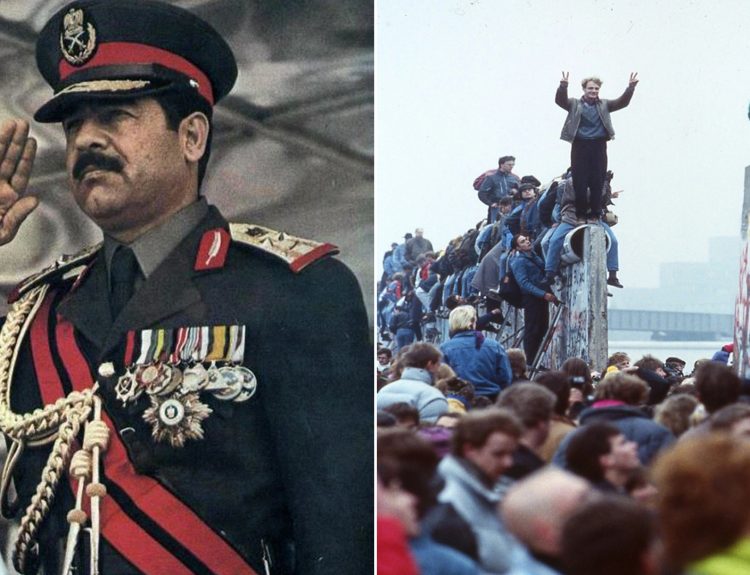We know, of course, that there is good and bad in everyone. That’s just human nature. But often, we elevate historical figures, celebrities, and pop culture icons to hero status for the good deeds that they have done while ignoring their not-so-good side. When we are admiring the achievements and accomplishments of our heroes, we focus on the positives and ignore or downplay the negatives.
In this series, we will take a closer look at some of our most-admired people who, in reality, had a sinister, dark, or questionable side. As these 16 famous figures demonstrate, we should all choose our heroes wisely.
Helen Keller
We admire Helen Keller for overcoming her disabilities – both blindness and deafness – and how she lived an independent and fulfilling life. She earned a bachelor’s degree, penned 14 books, and gave speeches on a variety of topics. She spoke out for the rights of the disabled and was a founding member of the American Civil Liberties Union.
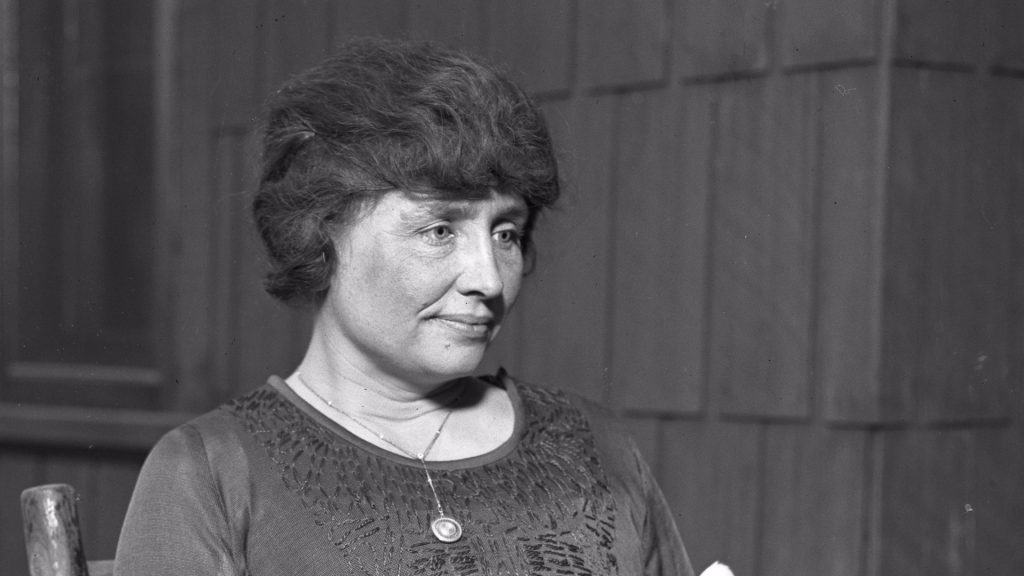
Helen Keller was also an outspoken political extremist. A member of the Industrial Workers of the World, she was quoted in the New York Times as saying, “I believe suffrage will lead to socialism and to me socialism is the ideal cause.” She later adopted Communist views, supported Lenin and the Russian Revolution, and described herself in an interview as “a socialist and a Bolshevik.”
Coco Chanel
French fashion designer Coco Chanel transformed women’s fashion and created the casual chic look. She built her brand into an empire that included both clothing and perfume … her iconic Chanel No. 5. Time magazine listed her as the only fashion designer on its “100 Most Influential People of the 20th Century” list.
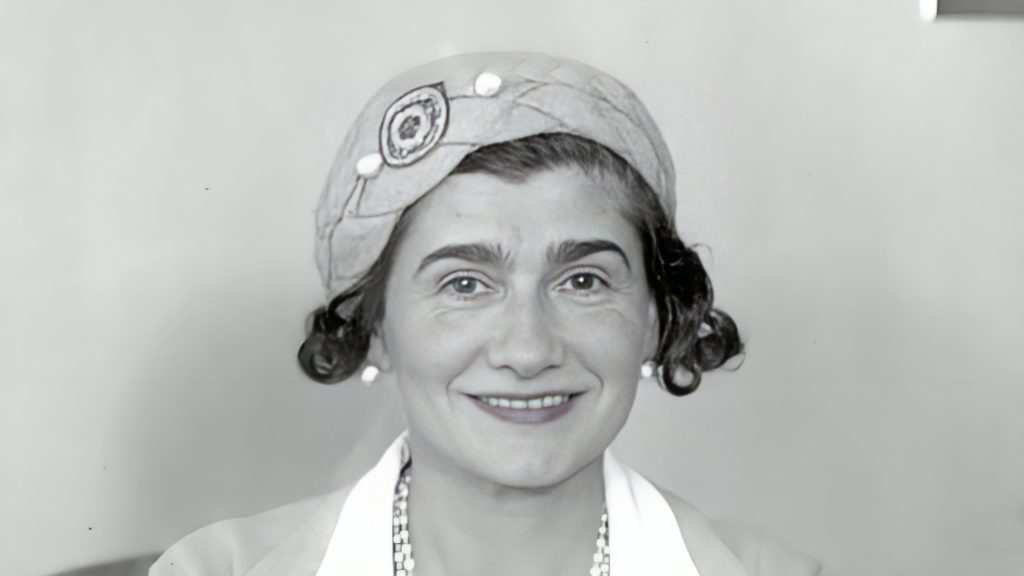
At the start of World War II, Chanel closed her factory and fired her 4,000 employees. Some say this move was actually her way of getting revenge on her workers who had recently gone on strike demanding higher pay. She moved into the same swanky hotel where the top-level members of the German military stayed. She hobnobbed with the Nazi commanders and complained to her friends that the Jews were a threat to Europe and needed to be removed.
John Wayne
Thanks to his many notable movie roles, John Wayne had a reputation for being a true, red-blooded American with a rugged, independent streak and a high moral compass. In fact, he was a model for masculinity during Hollywood’s Golden Age.
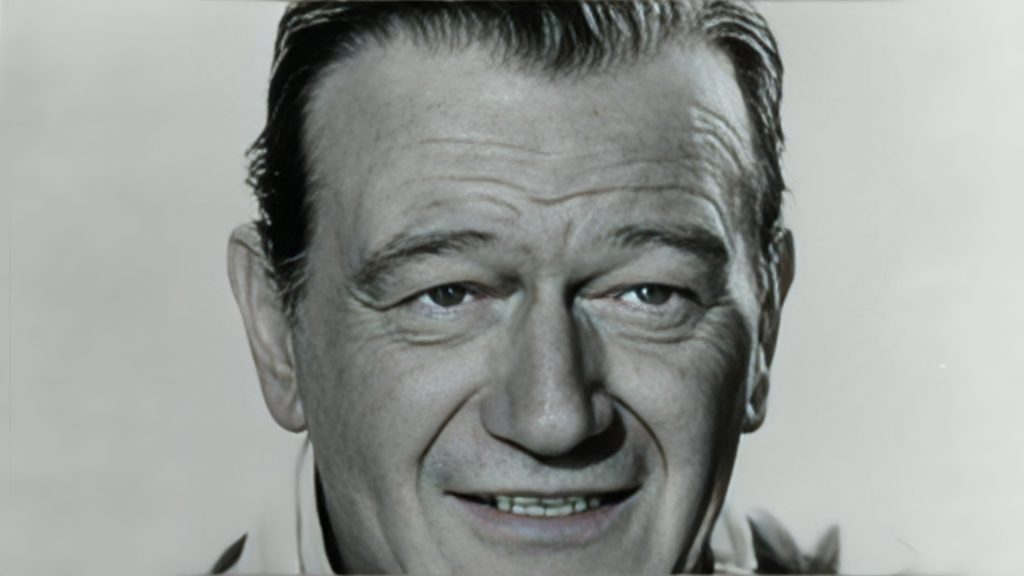
The Duke, however, made numerous derogatory public comments about African Americans, Native Americans, and homosexuals. In an interview for Playboy magazine in 1971, he said, “I believe in white supremacy until the blacks are educated to a point of responsibility. I don’t believe in giving authority and positions of leadership and judgment to irresponsible people.”
Thomas Jefferson
Founding Father Thomas Jefferson authored the Declaration of Independence and served as the third president of the newly established United States of America. Prior to becoming president, he was the country’s first secretary of state and its second vice president. When Jefferson was a 39-year-old widow, he began a sexual relationship with 14-year-old Sally Hemmings, one of his slaves.
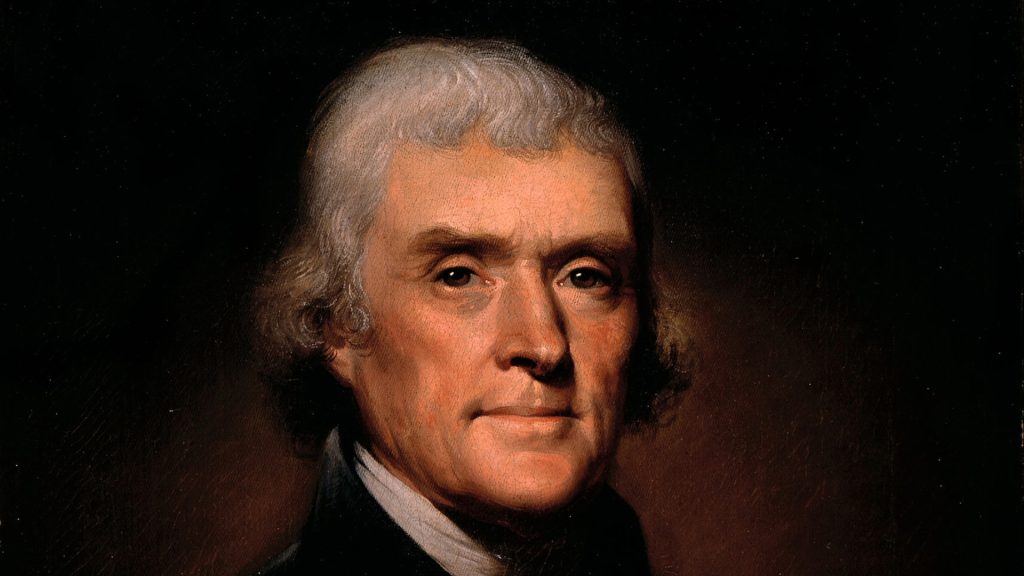
Jefferson fathered Hemmings’ four children. Although he granted freedom to the children, Hemmings was still technically owned by Jefferson. Some historians claim the relationship was one of forbidden love, but there are plenty of others who insist Jefferson was a creepy pedophile who kept Hemmings as his sex slave.
John Lennon
As a member of the Beatles, John Lennon shot to worldwide fame in the 1960s and 1970s. He and his bandmates hit the top of the music charts with songs like “Let It Be” “Hey, Jude” and he went on to a successful solo career that included the hit, “Imagine.” With fame and fortune came women … lots and lots of women. But Lennon had a reputation for mistreating the women in his life.
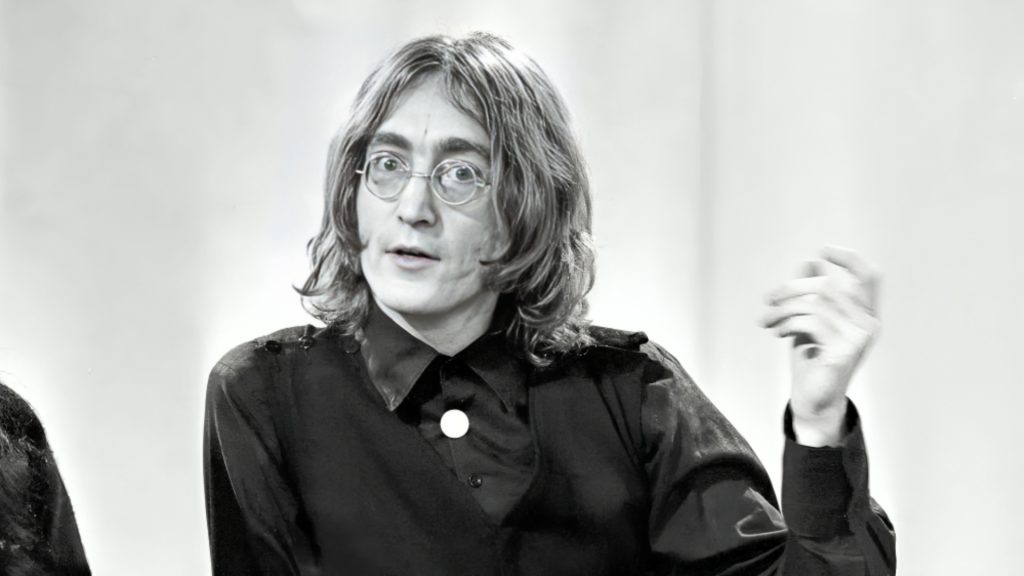
Cynthia Powell, Lennon’s first wife, later went on record to say that he was physically abusive during their marriage. In an interview just before his death, Lennon described himself as a “hitter” and admitted he enjoyed hitting “any woman.” He said, “That is why I am always on about peace, you see. It is the most violent people who go for love and peace.”
Charles Dickens
In the mid-1800s, English novelist Charles Dickens gained fame from his numerous books, including A Christmas Carol, Oliver Twist, and Great Expectations. In his books, he championed the plight of the poor and mistreated, but in reality, he was far from the perfect husband and father.
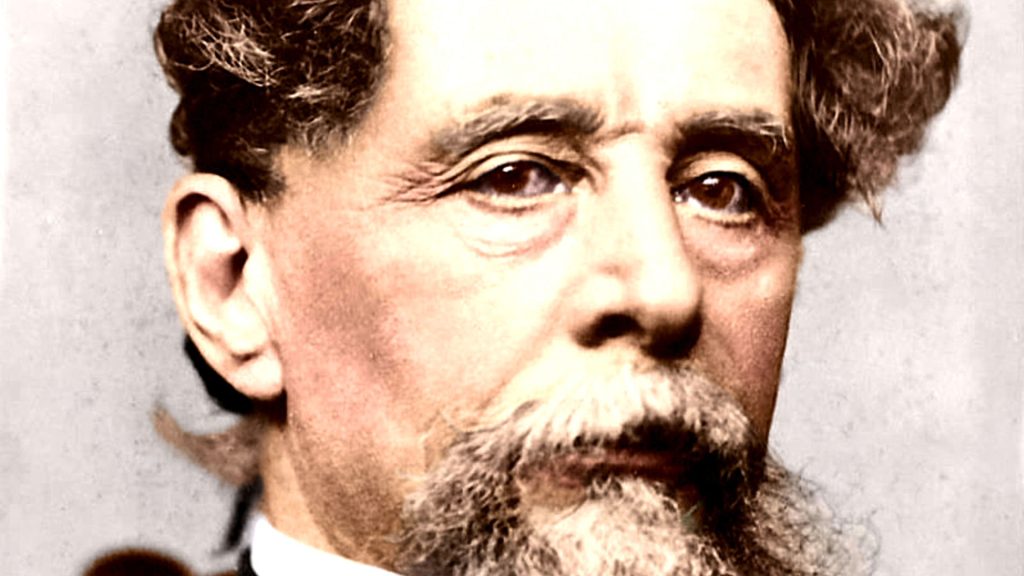
Dickens began an affair with a much younger woman so, to get his wife out of the picture, he tried to have her committed to an insane asylum. The then took custody of his children and forbade them from seeing their mother. Oh, and he was outspoken about his support for Indian genocide.
Henry Ford
Thanks to his assembly line innovation, industrialist Henry Ford was able to mass produce his Model T automobiles at a cost that was accessible for the average American. He is credited with kickstarting the automobile era in the United States. He is often viewed as a brilliant and creative business pioneer, but he also had a dark side.
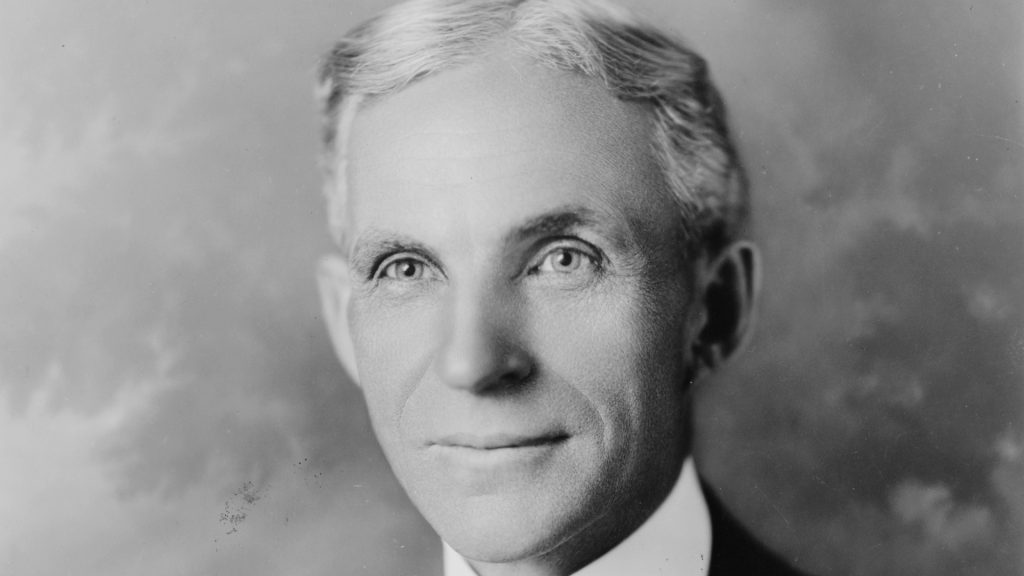
Henry Ford held strong antisemitic views and spoke publicly about his hatred for Jews. One of his camping buddies wrote about Ford in his journal, saying that during a 1919 camping trip, Ford stated that he “attributed all evil to Jews or to the Jewish capitalist.” He continued, “The Jews caused the war, the Jews caused the outbreak of thievery and robbery all over the country.”
Alfred Hitchcock
Screenwriter and director Alfred Hitchcock earned a reputation as the master of suspense for his fifty-plus Hollywood feature films. Many of his thrillers, including Psycho, Rear Window, and The Birds, have become big-screen classics, but this beloved filmmaker had a dark side.
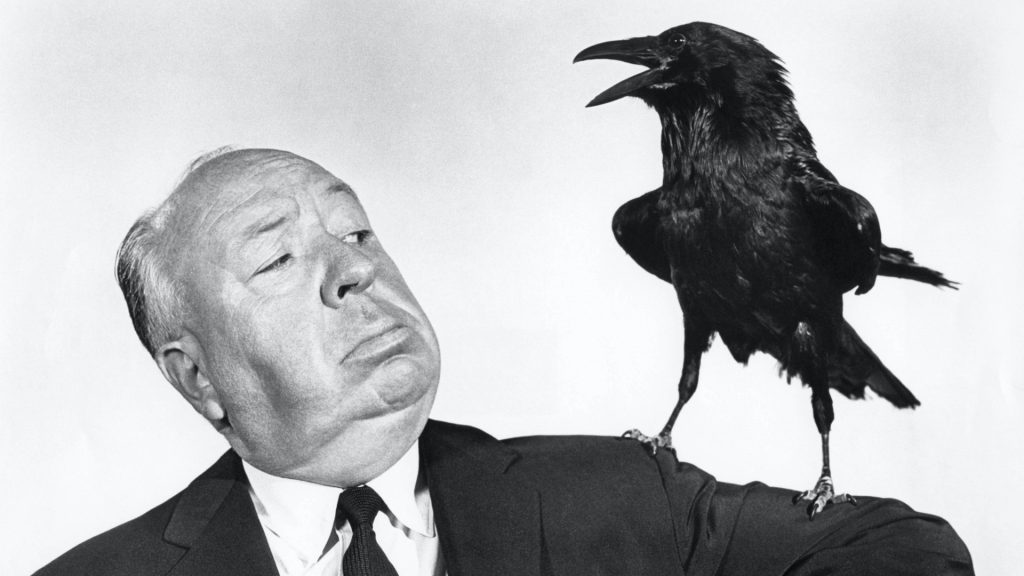
Actress Tippi Hedren – the mother of actress Melanie Griffith and grandmother of actress Dakota Johnson – was cast in the starring role in The Birds in 1963. She claimed that throughout filming, Hitchcock was abusive to her and continuously sexually harassed her. When she told him “enough is enough,” he threatened to destroy her Hollywood career. And he did!
Thomas Edison
Prolific inventor Thomas Edison gave us the electric light bulb, the phonograph, the motion picture camera and more. In fact, during his lifetime, he was granted 1,093 patents. He is still admired for his genius and engineering mind, however, in reality, not all of his inventions were entirely his idea … including the light bulb.
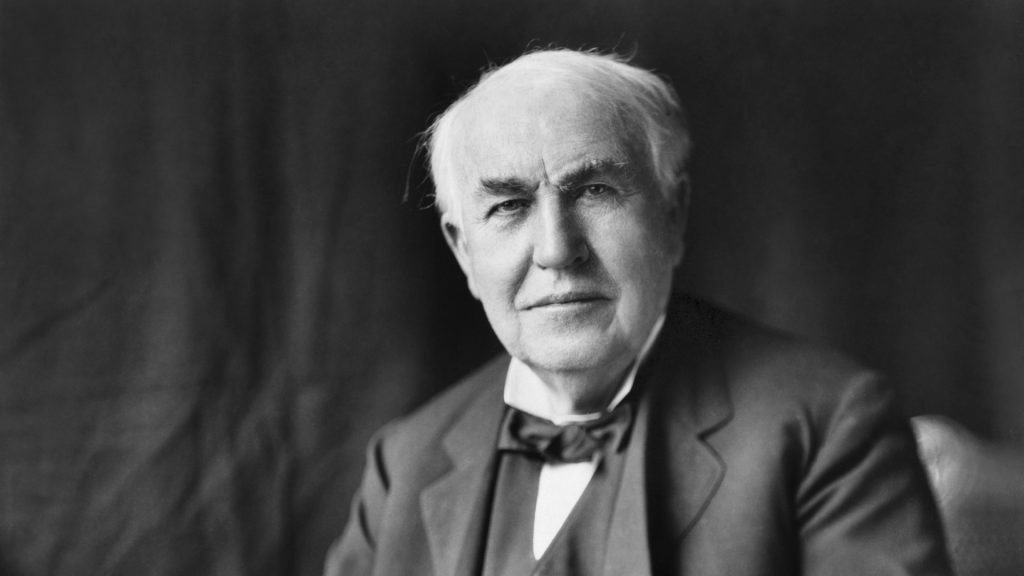
Edison had a habit of taking credit for other people’s inventions and beating them to the patent office. He engaged in a long-running rivalry with fellow inventor Nikola Tesla. Edison actively tried to discredit Tesla and ran what could best be described as a smear campaign against him. He even resorted to publicly electrocuting animals to demonstrate to onlookers and the press that Tesla’s ideas were dangerously unsafe.
Jerry Lee Lewis
The “Great Balls of Fire” singer, Jerry Lee Lewis was a pioneer of the “rockabilly” sound in the early 1950s. His 1957 hit “Whole Lotta Shakin’ Goin’ On” catapulted him to stardom. The singer, pianist, and songwriter was the hottest ticket in town until his dirty, little secret was revealed.
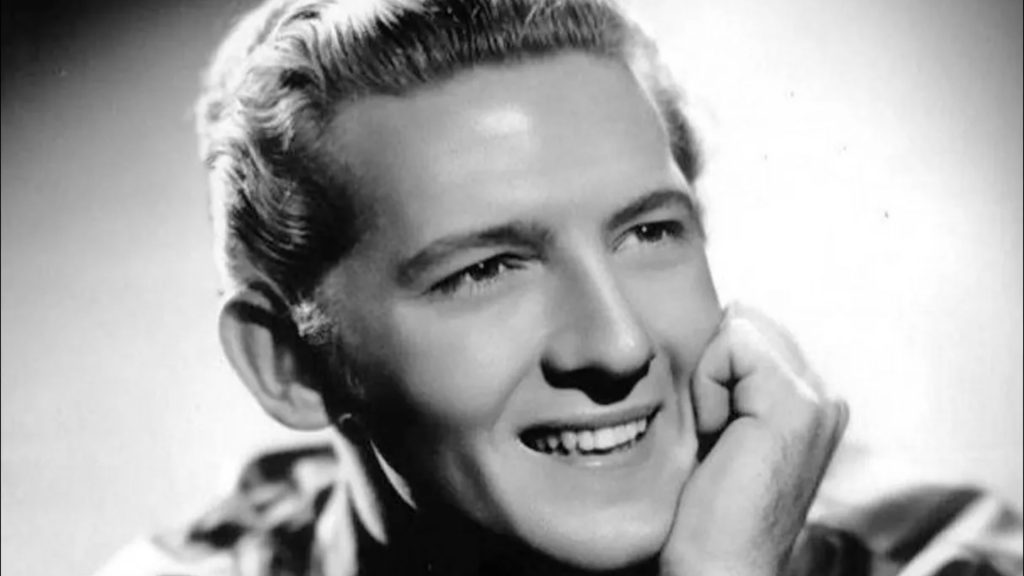
Lewis, who had been twice married and divorced by the time he was 18 years old, married his third wife on December 12, 1957. His new bride was his own 13-year-old cousin, Myra Gale Brown. She gave birth to Lewis’s son when she was just 14 years old. When the press found out about this relationship, Lewis’s career was stalled. He later divorced Myra, married and divorced four more times, and launched a successful comeback career.
Che Guevara
Revolutionary leader Che Guevara is often idolized for his heroic deeds during the 1959 Cuban Revolution during which he helped overthrow the cruel and repressive Batista regime. He publicly espoused the ideals of anti-imperialism, equality, and justice. In fact, his ideals and his stance against oppression inspired resistance movements around the world.
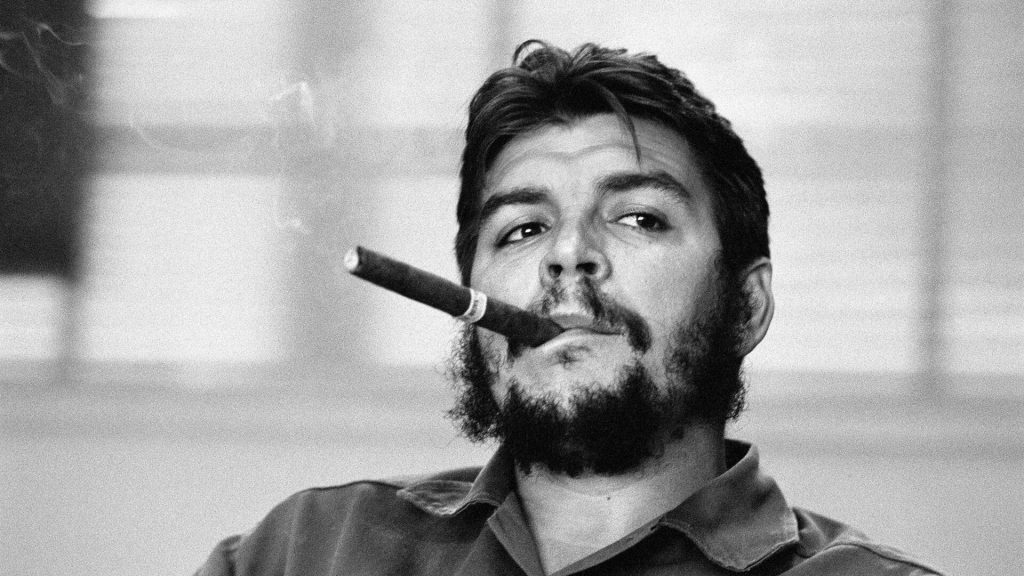
Despite this, Che Guevara was also a cold and callous executioner. He denied many of his enemies the right to a fair trial and systematically executed them instead, personally carrying out many of the killings. He has been described as a “cold-blooded killing machine.” Guevara ruthlessly punished anyone who spoke out against him – including poets, writers, and freethinkers. Homosexual people received the same punishment as spies and deserters … the firing squad.
Christopher Columbus
Explorer Christopher Columbus’s discovery of the New World ushered in the age of exploration and opened up the Americas to European settlers. While we continue to feed this fairytale to young school children, the reality is much more complicated. For starters, we now know that Columbus wasn’t the first European to arrive in the Americas.
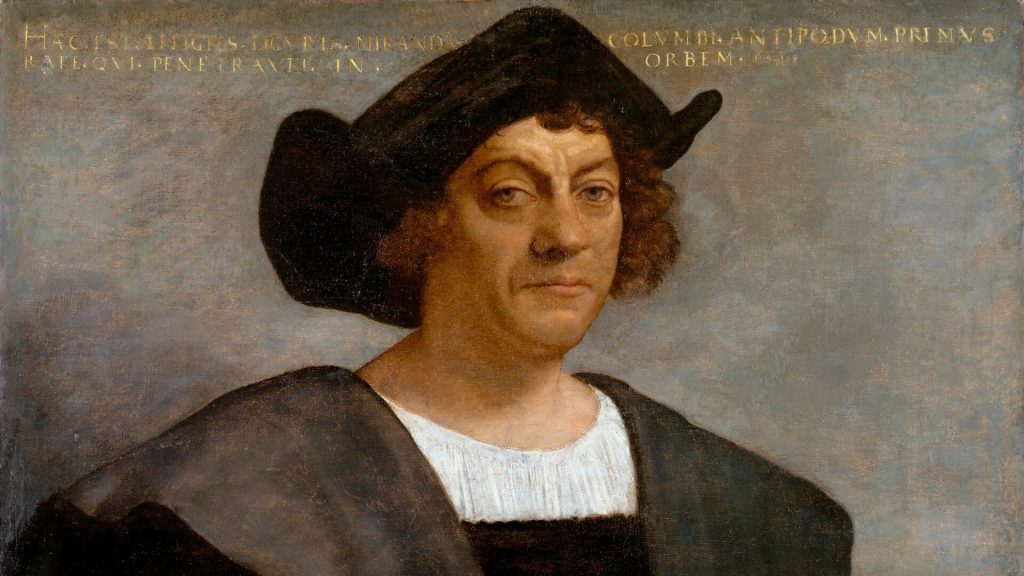
This fairytale also disregards the fact that there were already millions of people living in the New World when his ships first sighted land. Columbus’s discovery didn’t just open up new territory for settlements; it caused mass genocide of indigenous people, the exploitation of resources, and the theft of millions of acres of land.
Steve Jobs
The founder of Apple, Steve Jobs was a true visionary who transformed our world by making technology both personal and an integral part of modern life. He started with a small business in his garage and built it into a trillion-dollar company. We admire him for his innovativeness and outside-the-box thinking. But Jobs was not the easiest boss to work for.
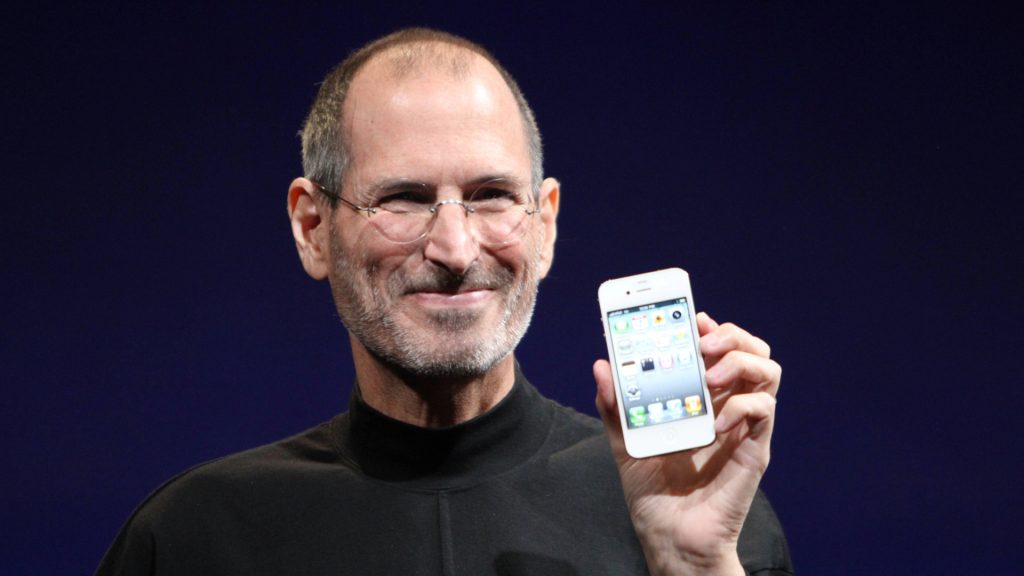
Steve Jobs was mean and vindictive to his employees, his own family, and even to strangers. Jobs’ own friend, Jony Ive, said, “He knows exactly how to efficiently and effectively hurt someone. And does do that.” Jobs was known to fire employees on a whim and to ask inappropriate personal questions in interviews. Ronald Riggio wrote, “Jobs sends the wrong message to aspiring leaders. The very best leaders are positive role models.”
Charlie Chaplin
With his trademark mustache and bowler hat, Charlie Chaplin was one of the biggest stars of the silent movie era. Even without dialogue, Chaplin had a knack for creating lovable and memorable film characters. Chaplin’s off-screen life, however, made for salacious tabloid fodder.
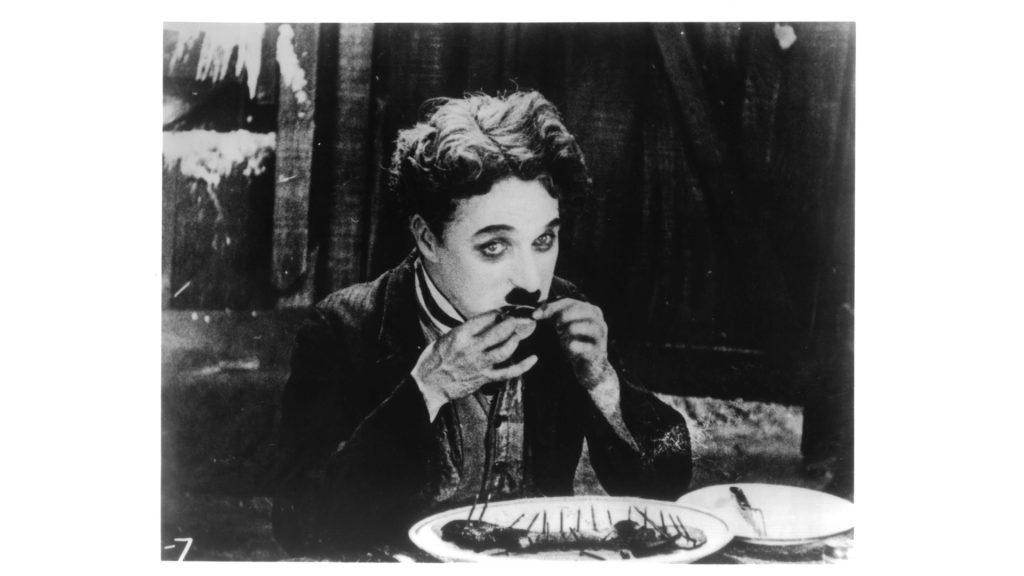
It was a poorly kept secret that Charlie Chaplin preferred underage girls. His four wives were all underage when he married them … and he was in his 30s and 40s, even 50s. One teen bride was pregnant, and Chaplin tried to force her to have an abortion. In addition, he had numerous affairs, almost exclusively with teenage girls.
Charles Lindbergh
Charles Lindbergh became an American hero after completing the first solo, nonstop, transatlantic flight in 1927, at the dawn of aviation. When he piloted his plane, the Spirit of St. Louis, from New York to Paris, he instantly became the idol of boys and girls everywhere. But Lindbergh was interested in the controversial subject of eugenics.
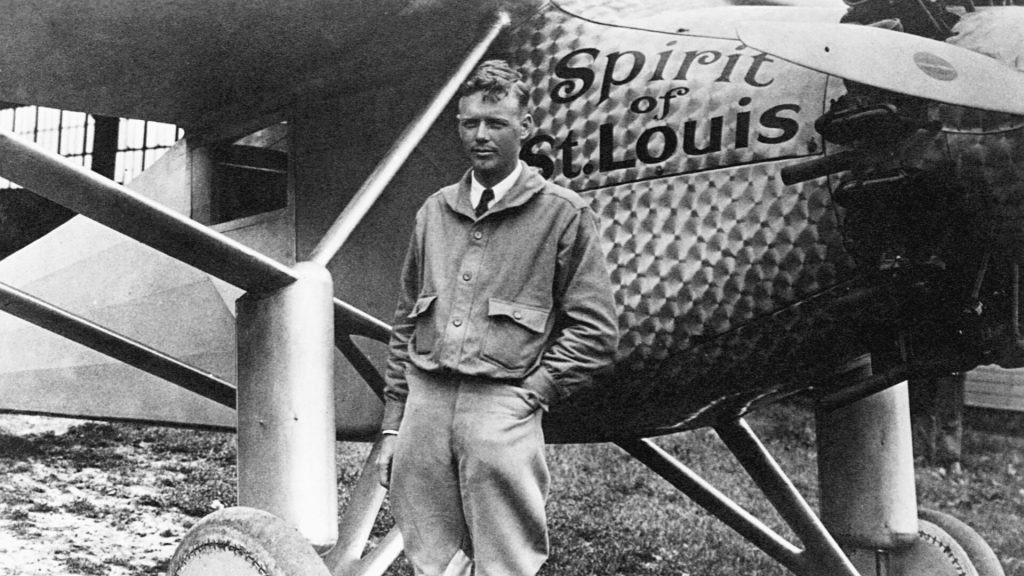
In the 1930s, Lindbergh spent a lot of time in Germany, working with the aviation industry there. Hitler’s beliefs in the superiority of the Arian race rubbed off on Lindbergh and influenced his beliefs in eugenics – the selective breeding of humans to produce a dominant race. He wrote, “There is no escaping the fact that men are not created equal.”
Elvis Presley
The King of Rock-n-Roll, Elvis Presley drastically changed the music industry and pioneered the rock sound. He was, perhaps, the first mega-celebrity. Many of his songs – “Blue-Suede Shoes,” “Jailhouse Rock,” and “Are You Lonesome Tonight,” to name a few – are part of our cultural heritage.
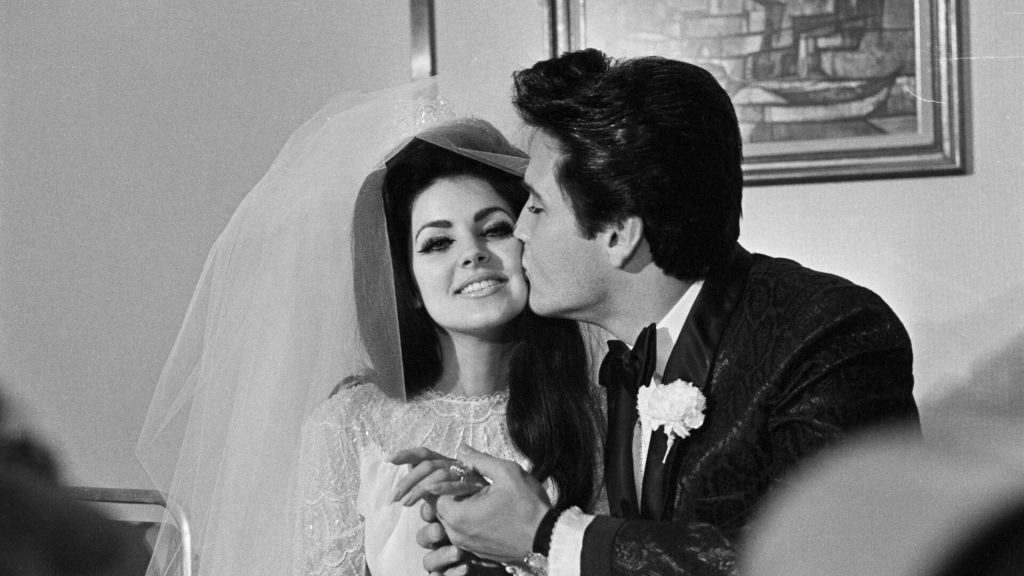
Elvis’s young fans swooned over his romance with the young Priscilla Beaulieu, despite the fact that he was 24 years old when they met, and she was just 14. Today, we would call Elvis’s behavior “grooming” although he waited until Priscilla was a legal adult before marrying her. Before and during their courtship and marriage, however, Elvis had numerous flings with underage girls, including 14-year-old Frances Forbes, 14-year-old Sandy Ferra, 14-year-old Reeca Gossan.
Mother Teresa
Mother Teresa was awarded numerous accolades for her efforts. In 1962, she was awarded the Ramon Magsaysay Peace Prize, followed by the Nobel Peace Prize in 1979.
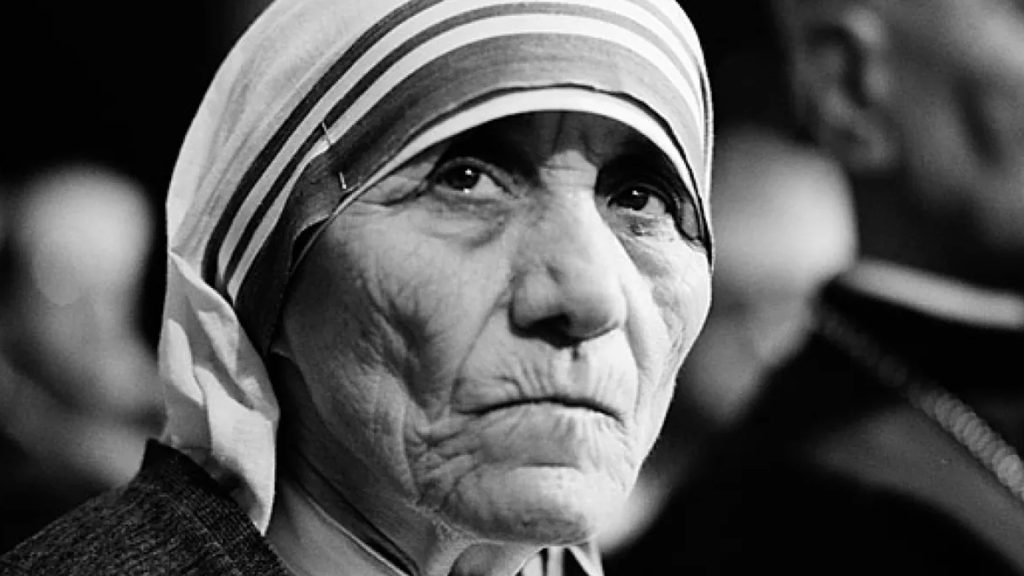
She projected an image of selflessness and humility, yet her true intentions were the opposite. Her primary goal was to expand the reach of the Catholic Church, prioritizing conversion over all else, even at the cost of the poor. Like many missionaries of her era, Mother Teresa’s foremost concern lay in bolstering the Church’s influence and presence.






